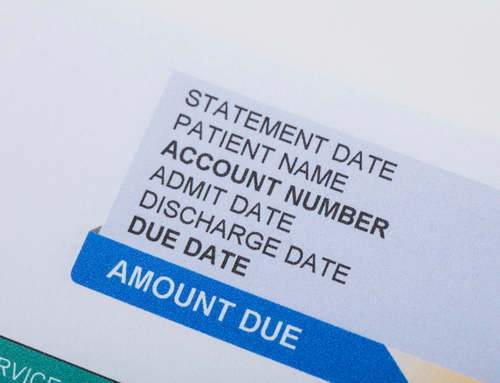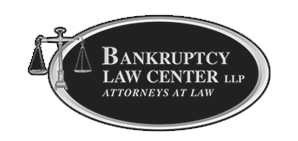In most cases, when a person is filing for bankruptcy, he will be allowed to keep all of his assets. The rules that govern which assets are protected are referred to as “exemptions”, and these are set by the laws of the state in which you reside. While bankruptcy cases are done through the federal court system, the federal bankruptcy laws allow each state to determine which assets a person is allowed to keep when a bankruptcy case is filed. Exemptions vary, from one state to another. Some states have generous exemptions, some don’t. Proper exemption planning is essential to successfully accomplishing the debtor’s goal of protecting assets. However, great care must be taken. Non-attorneys, such as the so-called legal document preparers, paralegals, or other non-attorneys, cannot be relied upon to properly guide a person through the legal maze of bankruptcy laws. If the property has more equity in it than can be covered by every applicable exemption, (sometimes an asset may be cross-covered by more than one exemption) the bankruptcy trustee may sell the property. When the trustee sells the asset, the trustee will pay the amount of the exemption to the debtor, and retain the nonexempt amount of equity for the bankruptcy estate.
The Exemption Laws Can Be Very Complicated
As with any complicated, technical matter, always consult with a trained professional before you file to determine what is exempt in your case. The exemption laws are complex and require careful analysis, as exceptions abound, the laws often change, and court rulings can affect the manner in which these laws are applied and interpreted. A skilled bankruptcy practitioner will be able to protect the assets you’ve worked so hard to obtain. If there are non-exempt assets that exist in your case, careful pre-bankruptcy planning can serve to preserve such assets that would otherwise be lost.
Transfer of Assets Prior to Filing is Generally a “No-No”
People will sometimes transfer assets prior to filing bankruptcy, because they think that this is how to protect it from being taken away. This is a good example of a costly legal mistake that people often make, which an expert would easily have avoided. Do not attempt to omit such assets from the bankruptcy schedules. Do not hide, conceal, transfer, or falsely encumber nonexempt assets. Doing so carries the risk of being prosecuted for committing bankruptcy crimes, it is likely to result in the denial of a bankruptcy discharge, and the trustee can still recover such property, or its value, from whomever it was given to. If such property is recovered by a trustee, the debtor can not then claim it as exempt, even if it could have been properly exempted before such transfer.
At the Bankruptcy Law Center LLP, bankruptcy is all we do. We focus exclusively on the complicated bankruptcy laws so that we can preserve the assets of our clients and assist them in getting out of debt.





